Although Ukraine officially began accession talks with the European Union (EU) last summer, there are numerous obstacles that make the country's membership highly unlikely in the foreseeable future.
Fragile independence
Having seceded from the Soviet Union in 1991, our northeastern neighbor continues to be seen by Russia as a strategic buffer zone or border region for security. This perception has also played a role in the fluctuating geopolitical orientation of Ukraine over the past decades, marked by alternating pro-Russian and pro-Western governments. Attempts at Western integration—initiated exclusively by the latter type of administration—have consistently faced significant difficulties.
For example, when President Petro Poroshenko signed an association agreement with the EU in 2014—primarily focused on free trade—the EU set forth fundamental reform requirements for Ukraine. These included upholding the rule of law, responsible governance, and minority rights. The EU's expectations were underscored by former European Commission President Jean-Claude Juncker, who, as recently as March 2016, excluded the possibility of Ukraine's EU membership within a 20–25-year timeframe.
Hasty promise
It is also noteworthy that, of the three foreign policy collaborations Ukraine has been able to join in recent years, two included participation from Russia and Belarus. Belarus was involved in the Eastern Partnership, while Russia took part in the Black Sea Synergy.
It is true that when President Volodymyr Zelensky signed Ukraine’s EU membership application less than a week after Russia’s invasion in February 2022, the process that usually takes years or even decades was completed in just a few days. In March 2022, the European Parliament adopted a resolution calling for EU institutions to begin negotiations with Ukraine on its EU candidate status.
Nevertheless, the resolution refers to Article 49 of the Treaty on European Union, which - for instance - lays down the conditions for membership applications, including respect for human dignity, democracy, the rule of law, and human rights, including the rights of minorities. In addition, Ukraine would have had to meet several other conditions in order to start accession talks. Among these are the so-called Copenhagen criteria, defined in 1993, which include the establishment of a functioning market economy, as well as the ability of the applicant country to cope with competition and market forces within the EU. Another requirement is the ability to fulfill the obligations of membership, which includes the effective implementation of EU laws, standards, and policies (the acquis communautaire), as well as the commitment to the goals of political, economic, and monetary union.
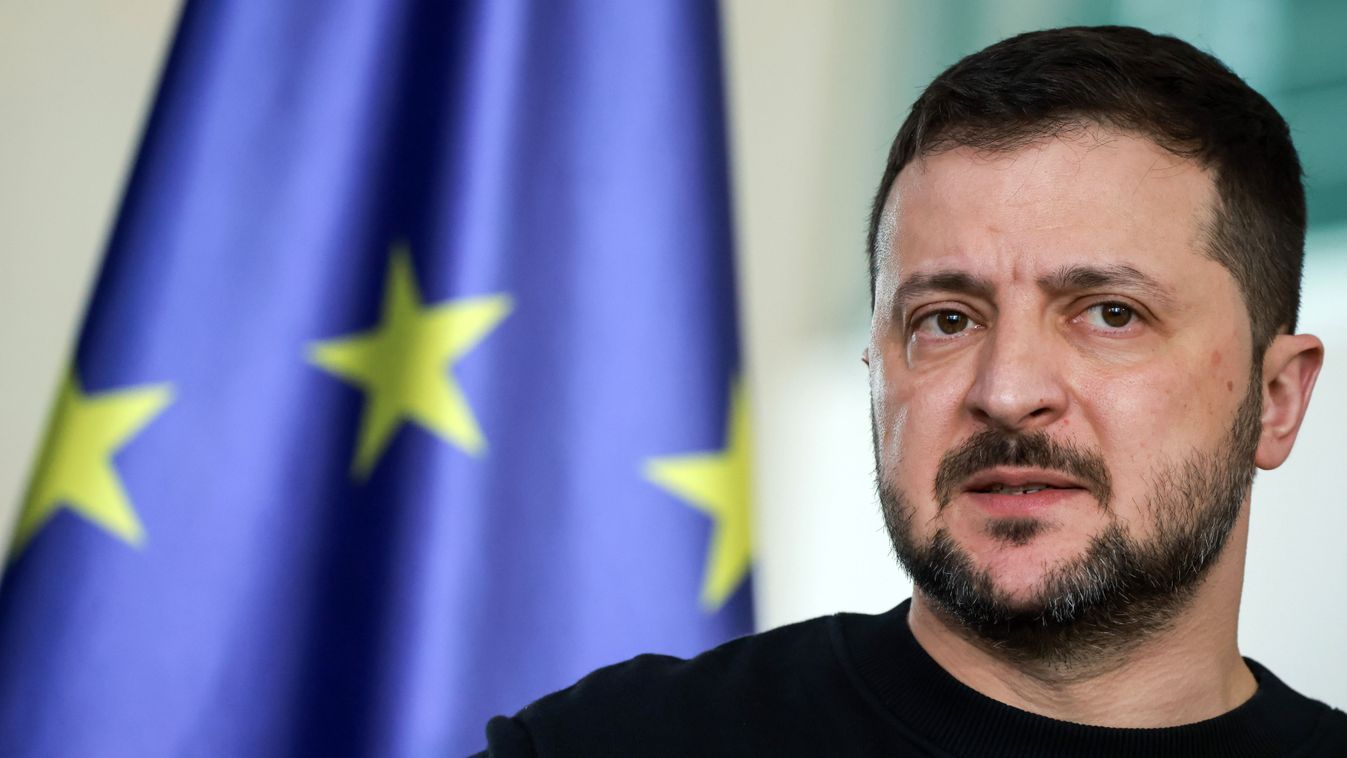
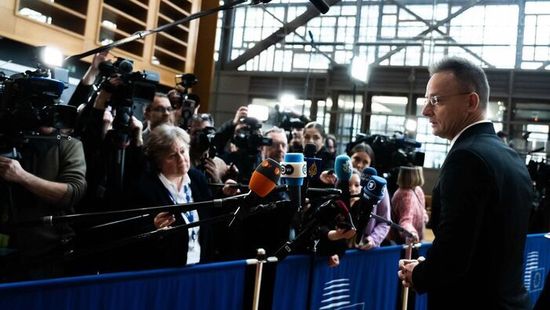
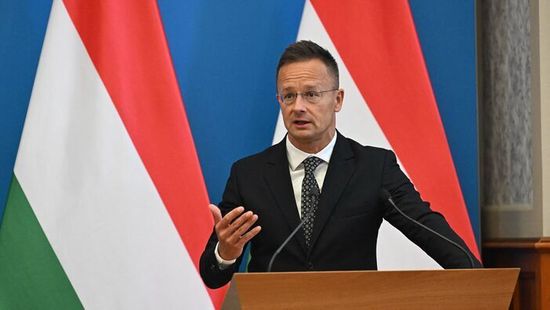



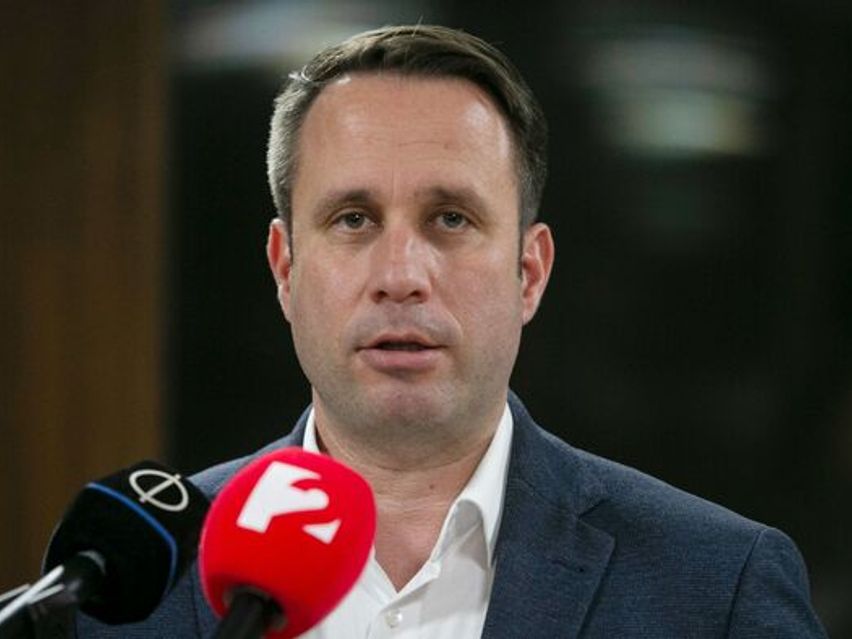




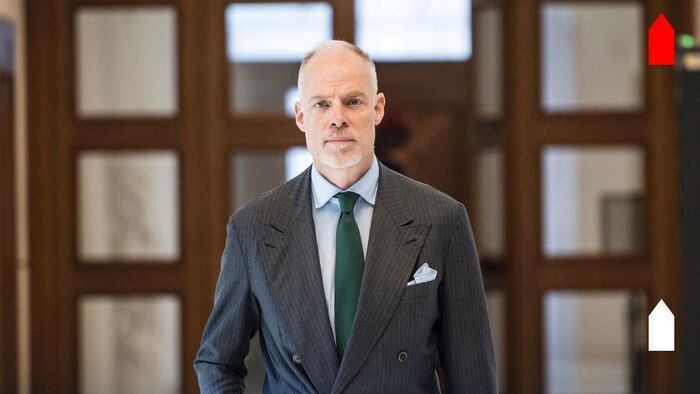




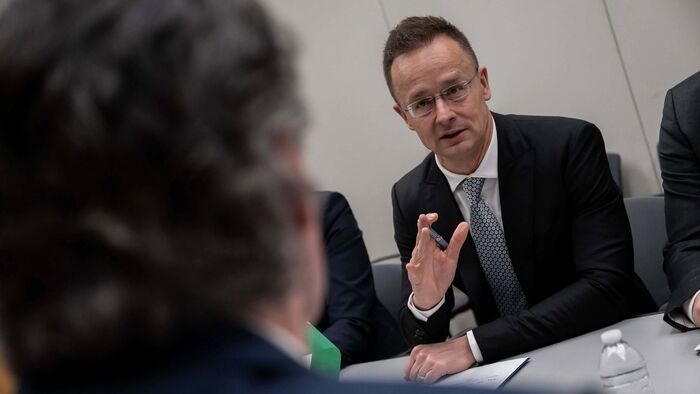
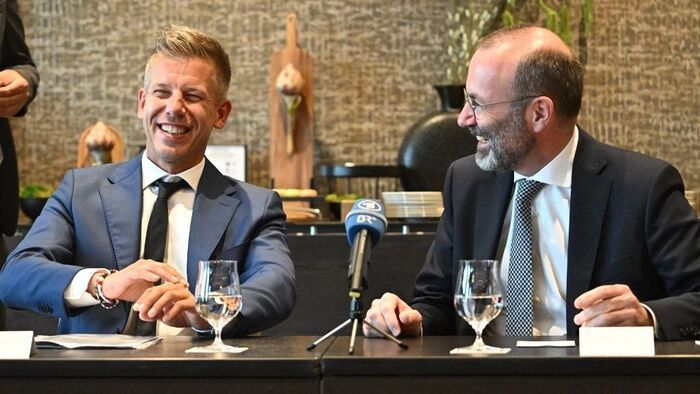



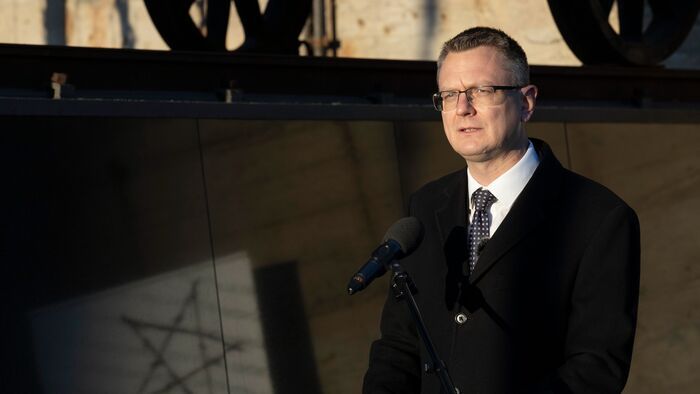

Szóljon hozzá!
Jelenleg csak a hozzászólások egy kis részét látja. Hozzászóláshoz és a további kommentek megtekintéséhez lépjen be, vagy regisztráljon!